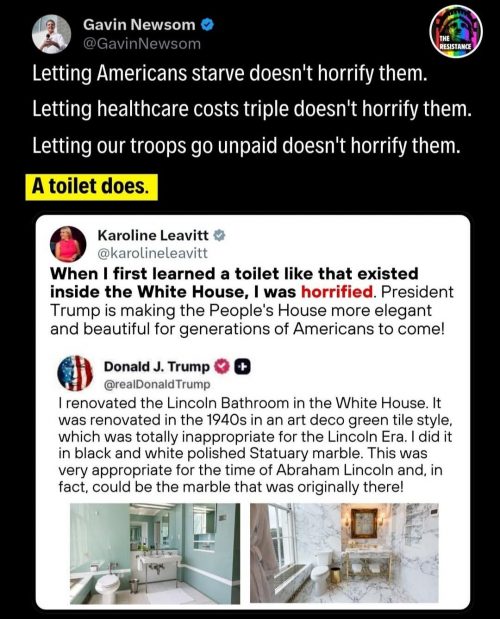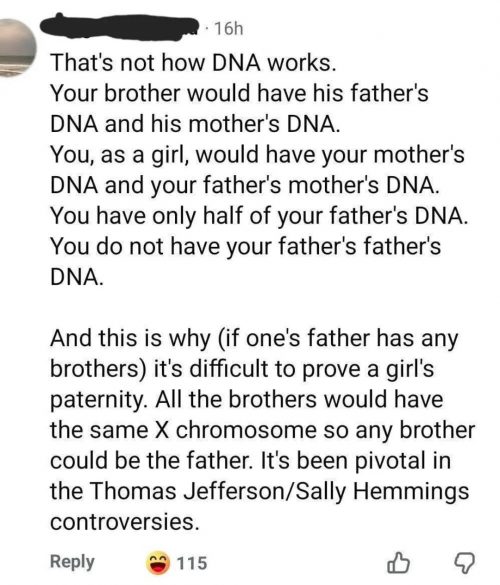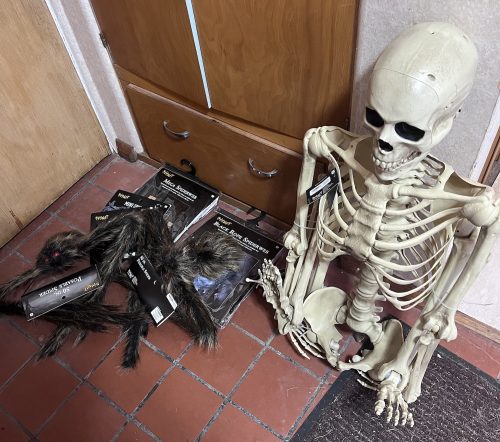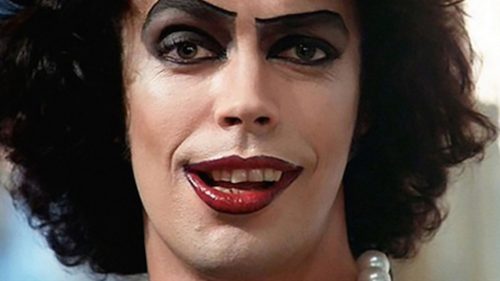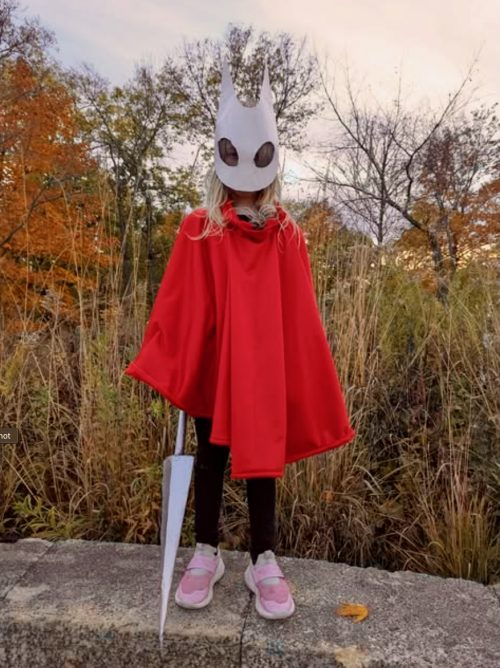It was a good night for Democrats and social democrats, with a big blue sweep all across the country. Mamdani won, although I think it helped that a corrupt clown like Cuomo (who was endorsed by Trump) was his opponent. Virginia turned a vibrant shade of purple. The California referendum on legalized gerrymandering passed, which I have mixed feelings about. Trump is literally hated by a significant fraction of the population, and I think he’s dragging the Republican party down. The Democratic party is also down — let’s hope that the leadership learns to recognize that their tepid timidity is not exactly electrifying the electorate.
Here’s one good summary of yesterday’s outcome.
He’s not right about Omar Fateh, who is running against Jacob Frey for mayor of Minneapolis. Minneapolis has ranked choice voting, and while Frey is ahead in the first pass, he didn’t reach the threshold — it’s going to take a few more days to tally up all the votes. Also, Kaohly Her, a Hmong woman and DFL candidate, won the St Paul mayoral race.
This is a good start to retaking the country from fascists. It is not the bigger 2026 midterm elections, though, and most definitely not even close to a 2028 presidential election, but we’re going in the right direction. I’m sure Trump is already annoyed and might be scheming to commit even more radical crimes in the near future.





